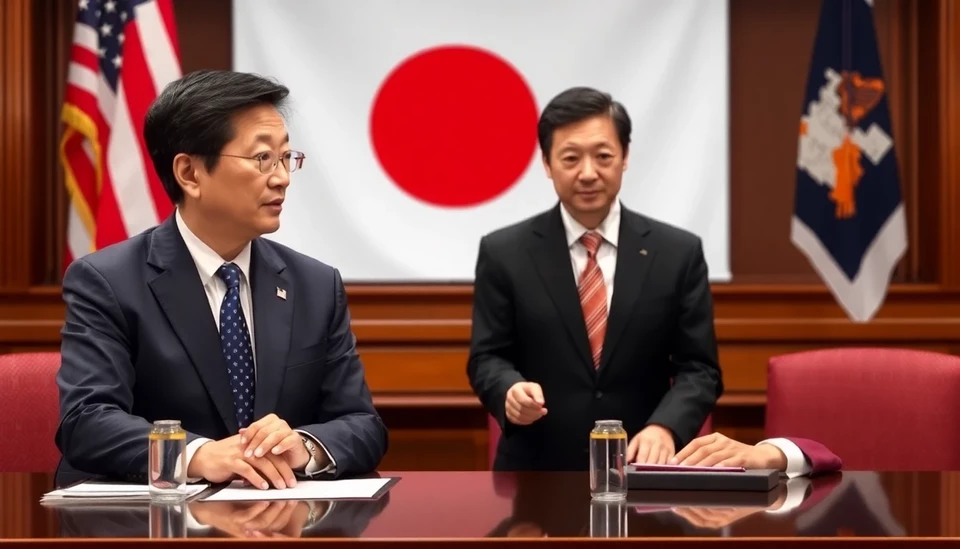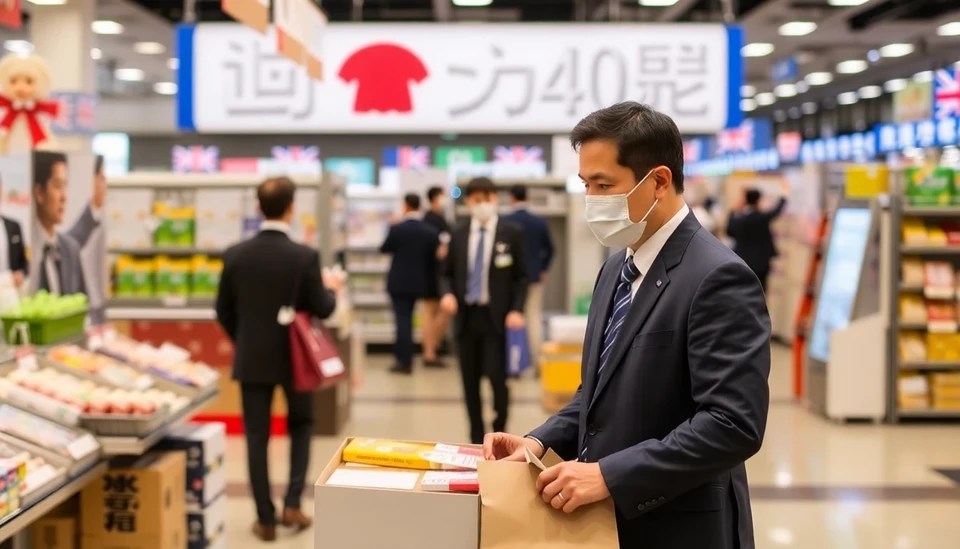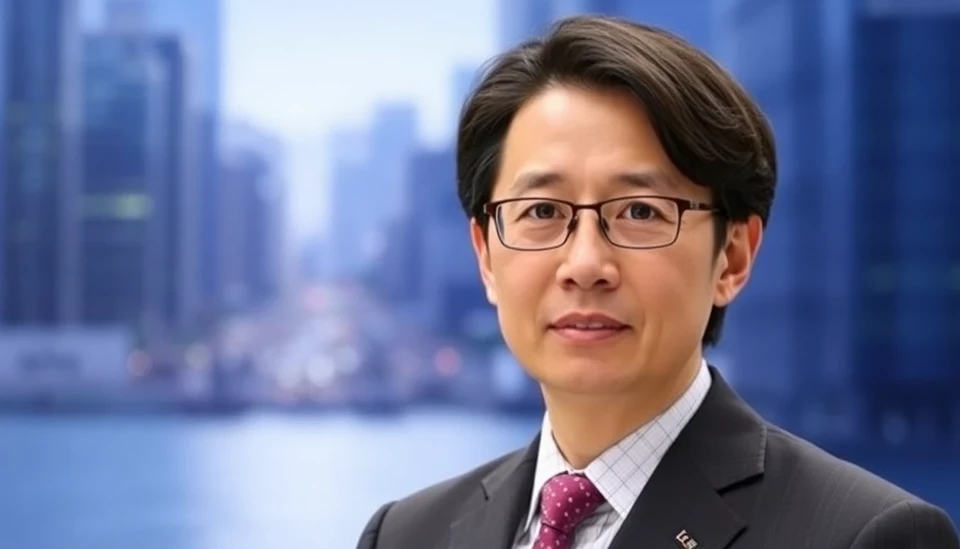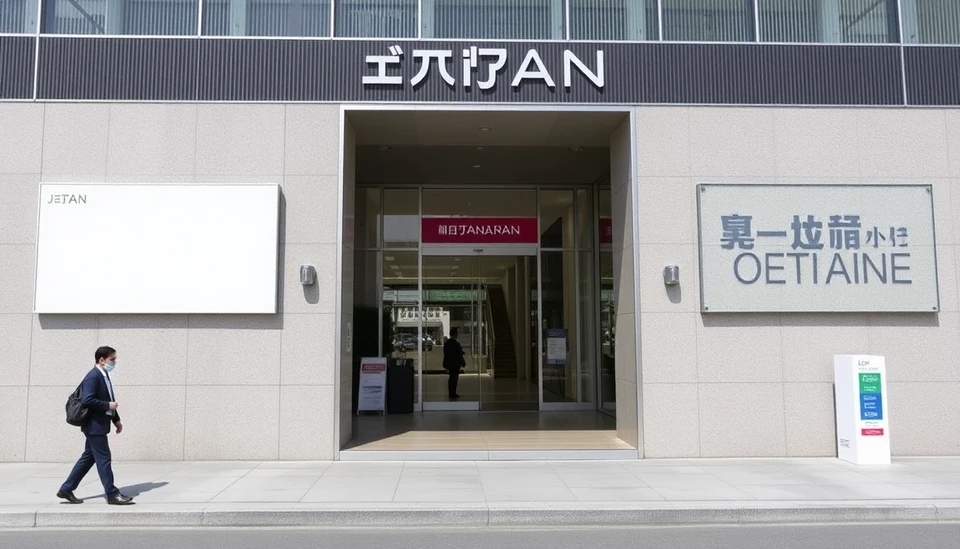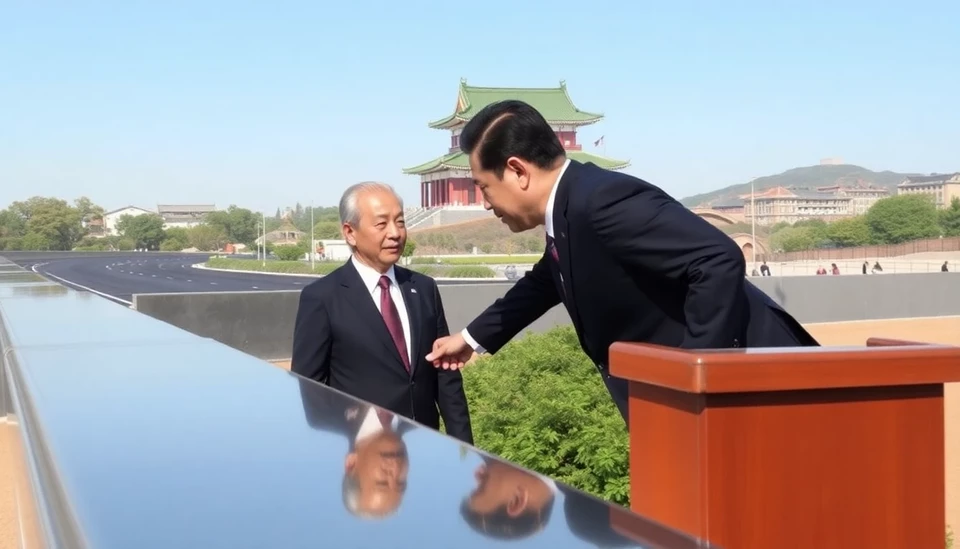
In a strategic move aimed at preserving economic relations, Japanese politician Shigeru Ishiba has penned an open letter to Chinese President Xi Jinping. This gesture comes at a critical time as Japan seeks to navigate the treacherous waters of international trade, particularly in light of rising tensions and market uncertainties that could lead to a potential trade "crossfire" between the two countries.
The letter, which was made public on April 22, 2025, emphasizes the importance of dialogue and cooperation between Japan and China—two of the largest economies in Asia. Ishiba, who has served in various high-profile political roles including Minister of Defense and Secretary-General of the Liberal Democratic Party (LDP), underscored his belief that mutual understanding is crucial for fostering a stable economic environment in the region.
In his correspondence, Ishiba stressed that both nations would benefit immensely from continued trade partnerships and shared policies that promote economic growth. He called for a renewed commitment to open and honest dialogue, as well as the resolution of any conflicts that may threaten to escalate into full-blown trade disputes.
Japan has long been cautious about its economic relationship with China, stemming from historical grievances and territorial disputes. However, with the current global economic landscape facing severe challenges—including inflation, supply chain disruptions, and geopolitical tensions—Japan's leaders are becoming increasingly aware of the necessity to solidify ties with China, even amidst difficulties.
Apart from bolstering trade relations, Ishiba's letter also highlights collaborative efforts in areas such as climate change, technology, and public health, noting that these sectors require joint initiatives to ensure safety and sustainability for both nations. As the world becomes more interconnected, cooperation in these pressing matters could prove beneficial for not just Japan and China, but for global stability as well.
This outreach is further significant in light of recent economic data indicating that Japan's exports to China have slowed, sparking concern among Japanese officials and business leaders alike. By taking such a proactive approach, Ishiba aims to reassure constituents and stakeholders that the government is committed to maintaining Japan's economic security in a rapidly evolving international landscape.
As Ishiba's letter gains attention, many analysts are watching closely to see how the Chinese government will respond. With trade negotiations often fraught with political implications, the reactions from Xi and his administration will likely serve as a key indicator of the future trajectory of Japan-China relations.
Overall, this diplomatic overture not only seeks to prevent further escalation of trade tensions but also promotes a broader vision of partnership that transcends immediate economic concerns, aligning with Japan’s goal to position itself as a central player in regional stability amidst the growing complexities of international trade.
As the situation develops, it remains to be seen whether Ishiba's call for dialogue will resonate with Chinese leadership and whether it can lead to tangible improvements in trade relations.
#Japan #China #TradeRelations #Diplomacy #ShigeruIshiba #EconomicSecurity #InternationalTrade
Author: Laura Mitchell
